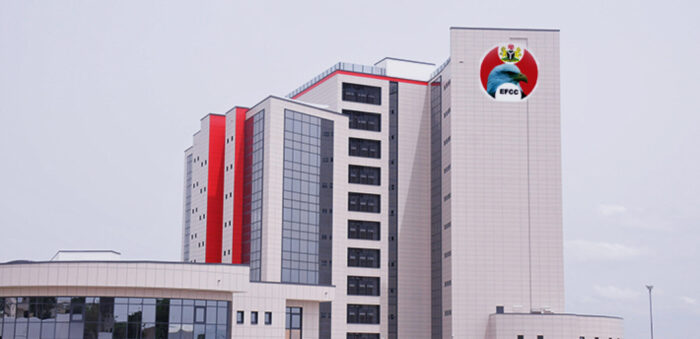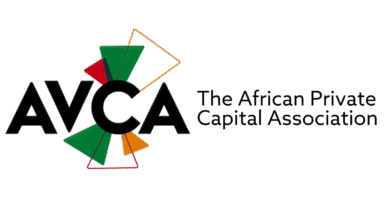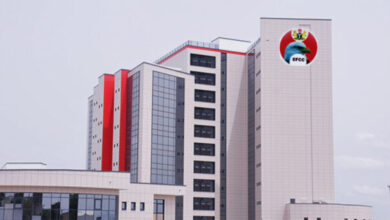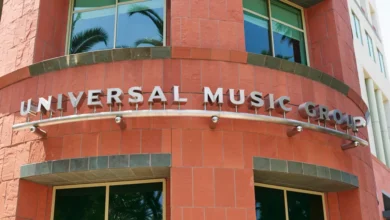EFCC targets cross-border money laundering, warns BDC operators against illegal cash movements

The Economic and Financial Crimes Commission (EFCC) has issued a stern warning to Bureau De Change (BDC) operators and other business stakeholders, urging them to comply with financial regulations and avoid illegal cash smuggling across Nigerian borders.
Under Section 3(3) of the Money Laundering (Prevention and Prohibition) Act, cash transportation above $10,000 without proper declaration is illegal, and Section 18 mandates BDC operators to report suspicious transactions to the Nigeria Financial Intelligence Unit (NFIU).
Speaking at a joint sensitization program in Kano on Saturday, the Executive Chairman of EFCC, Ola Olukoyede, addressed the critical issue of illicit financial flows, emphasizing the dangers posed by money laundering, terrorism financing, and corruption.
The event, organized in collaboration with the Nigeria Customs Service (NCS) and the Independent Corrupt Practices Commission (ICPC), aimed to educate participants on the legal frameworks governing cross-border cash movement.
Strengthening Financial Regulations to Curb Illicit Transactions
Olukoyede, represented by Kano Zonal Director of EFCC, CE Ibrahim Shazali, emphasized the severe repercussions of failing to comply with financial protocols, warning that illegal cash movements threaten Nigeria’s economic stability.
He reaffirmed that any individual transporting more than $10,000 (or its equivalent) must declare the funds to the Nigeria Customs Service, as failure to do so constitutes a criminal offense.
As part of efforts to tighten enforcement, Olukoyede outlined several laws regulating cash movements, including the EFCC Act (2004), the Money Laundering (Prevention and Prohibition Act 2022), and the Central Bank of Nigeria (CBN) guidelines.
“Nigeria, as a signatory to international anti-money laundering conventions, has established strict regulations to control the movement of cash in and out of the country. The Central Bank of Nigeria Act, the Money Laundering Act, and the EFCC Establishment Act provide clear rules on cash declarations and penalties for violations,” he stated.
Despite these laws, he noted that many travelers, including businessmen, pilgrims, and tourists, continue to engage in illegal cash movements, either due to ignorance or deliberate attempts to evade financial scrutiny.
Legal Consequences for Non-Compliance
Olukoyede warned that violators could face severe penalties, ranging from hefty fines to imprisonment and asset forfeiture.
He assured that the EFCC, alongside its sister agencies, remains committed to prosecuting offenders and safeguarding Nigeria’s financial system.
The sensitization program reaffirmed the inter-agency commitment to enforcing financial compliance, with representatives from NCS and ICPC reinforcing the importance of adhering to cross-border financial regulations. Stakeholders, including BDC operators, were encouraged to uphold ethical financial practices and report suspicious transactions.
EFCC Calls for Stakeholder Support in Combating Financial Crimes
Olukoyede concluded his address by calling for collective vigilance from stakeholders, urging BDC operators and financial institutions to prioritize national interests over personal gain.
“Compliance is not optional; it is a legal and patriotic duty. Together, we can curb illicit financial flows and strengthen Nigeria’s economic security,” he asserted.
As Nigeria intensifies its crackdown on financial crimes, the EFCC, in collaboration with the CBN, NCS, and ICPC, aims to reinforce transparency and regulatory compliance in the financial sector, ensuring greater security for the nation’s economy.
What you should know
- In February 2025, the Central Bank of Nigeria (CBN) introduced new forex guidelines, allowing BDC operators to purchase up to $25,000 weekly from Authorized Dealer Banks (ADBs) to meet retail market demand for eligible invisible transactions.
- Under these regulations, BDC operators must source foreign exchange from a single authorized dealer bank per week, a move aimed at preventing speculative trading and improving oversight. The CBN warned that any BDC violating this rule would face sanctions, reinforcing stricter compliance within Nigeria’s forex market.
- Additionally, authorized dealer banks are mandated to sell FX to BDCs at the prevailing rate in the Nigerian Foreign Exchange Market (NFEM) window, ensuring consistent pricing and reducing market volatility.







